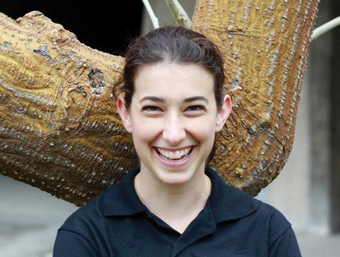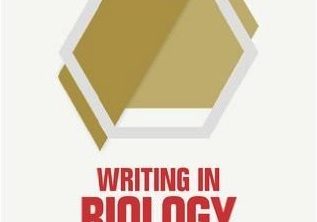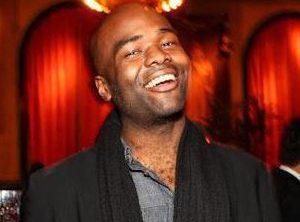In 2013, the United States Supreme Court heard the case of Association of Molecular Pathology v. Myriad Genetics. The case asked one question: are human genes patentable? Gene patents became commonplace during the biotechnology revolution of the 1980s, but generated a complex web of moral, legal, and biological questions. While some viewed gene patents as necessary in promoting and sustaining innovation, others felt that owning the code of life was morally and legally misguided. This tension played a central role in the early years of the Human Genome Project, and continued as people experienced the challenging consequences of assigning property rights to our shared biology. Several patients with genetic diseases were forced to navigate limited or expensive testing because of a company’s genetic monopoly. Some scientists worried that their research might infringe a patent. When the Supreme Court decided the Myriad trial, ruling that unaltered human genes were not patent-eligible, their decision marked a surprising and historic shift in the relationship between patent law and fundamental biology—but questions and uncertainty about a future without gene patents remain.
Owning the Code of Life: Human Gene Patents in America

A Supreme Court decision marked a surprising and historic shift in the relationship between patent law and fundamental biology–but questions and uncertainty about a future without gene patents remain.




